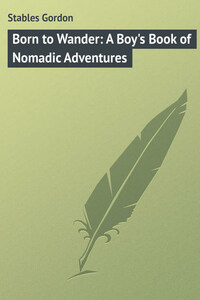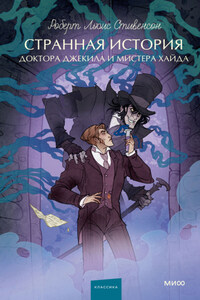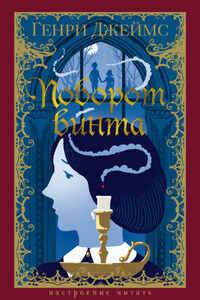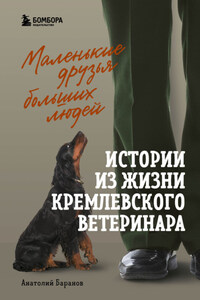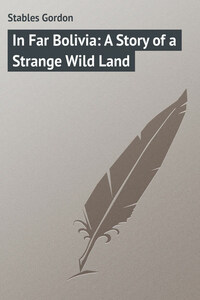Book One – Chapter One
Grayling House, and the Wildery around it
“It was, I ween, a lovely spot of ground,
Half-prankt with spring with sommer half imbrowned.”
Scene: An old baronial hall, showing grey over the woods near to the banks of a tributary of the silvery Tweed.
It wasn’t the month for the Michaelmas daisies, for it was November.
And when the chrysanthemums opened their great eyes, and turned their faces upwards to meet the light, they felt quite put about to see those flowers still in bloom. They would have been angry, but it is not in the nature of our garden, or indeed of our wild flora and hedgerow pets, to be so. For flowers are ever meek, albeit they are lovely, and methinks that meekness and beauty, hand in hand, are inexpressibly charming.
No, the chrysanthemums were not angry, but they could not help saying to each other —
“Why have the Michaelmas daisies not gone to sleep? Is not their time gone by, and is not this our month in which to bloom and beautify the garden landscape?”
Little Effie came trotting round. It was quite early yet. The sun had just got high enough to peep over the almost leafless linden trees. And wherever his beams fell on bush or brake or fern, he melted the hoar-frost, and resolved it into drops of dew, in each of which a miniature rainbow might have been seen. But round at the back of the big stone mansion, where its shadow fell athwart the old-fashioned terraced lawn, the hoar-frost still lay thick and fast.
Out from among the shrubbery somewhere came Effie Lyle. She might, as likely as not, have dropped out of a yew tree for anything any one knew to the contrary.
She stood for a moment looking up at the blue sky, – her own eyes were quite as blue, – her pretty lips half-parted in a smile, and her golden hair somewhat dishevelled, afloat on her shoulders; as fresh and pure as the morning itself she was, the one thing that had been wanting to complete the beauty of the wildery in which she stood.
Effie glanced down at the chrysanthemums with love and admiration, at the pure white ones, and the pink-and-white, and the crimson, and the bright, bright yellow; she gently smoothed their gorgeous petals that looked so like nodding plumes.
“I love you all,” she cried, “and I am going to kiss the Michaelmas daisies!”
But these grew on such long, long stalks – for they had to creep high to meet the sun – that Effie had to stand on tiptoe, and bend down their mauve clusters to her face.
A momentary sadness crept over her, because one of her pet flowers had left a drop of dew on her cheek.
“Why are my darlings crying?” she said. “Oh, I know!” she added, after a second’s thought. “Because they soon must die. The wicked frost will kill my pets, and then – oh yes, then, I’ll have the chrysanthemums to love.”
An additional ray of sunshine seemed to fall over these flowers when she said this. But a chill crept over the daisies, and their petals began to fold, as fold the wings of insects when night begins to fall.
The gardens around Grayling House were indeed a wildery, yet not a wilderness. It was the pleasure of their owner to let all growing things have a good deal of their own way. For he loved nature even more than art. So in summer time the big lawn that stretched down as far as the quiet river’s bank – where the trailing willows kissed the water, and the splendidly bedecked kingfishers darted in and out from sunshine and shade – was carpeted with flowers, buttercups and daisies and nodding plumes of grasses, and clover white and red. Yet the sun had such access to this lawn, despite the bordering trees, that those wild things never grew high, but spread and spread, and intertwined, as if they really loved each other, and would not be parted for the world. A favourite lawn this for bees of every size and colour, and for a thousand strangely-shaped and gaudily-coloured beetles, which on cloudy days were content to climb up and down the grass stems and take exercise as acrobats do, but who, when the sun burst out, opened the little cupboards on their shoulders, where their wings had been carefully stowed away from the wet, unfolded these gauzy appendages, and flew away in search of wild adventures.
There were paths through this wildery that seemed to lead nowhere, and as often as not made pretence of taking you straight back towards the house again, but landed you at last perhaps in a greenwood glade, with broad-leaved sycamores, and elms around, in which blackbirds fluted in spring, thrushes piped, and the chaffinch tried to drown the notes of every other bird with his mad merry melody. And here perhaps was a rockery, with a fountain playing and a streamlet trickling away riverwards, through the greenest of grass. On this rockery dwelt ferns that loved moisture, and creeping saxifrages, with pretty flowerets of deepest crimson, but not a bit bigger than a bee’s head.
Had you wished to return from this delightful lonesome glade – and sooner or later you would be sure to wish to go back, notwithstanding its beauty – you would probably have taken a wrong turning, and after a while found yourself in a rose-covered, heather-roofed, rustic summer-house, with a little window opening over the river itself, and seats and lounges inside.
